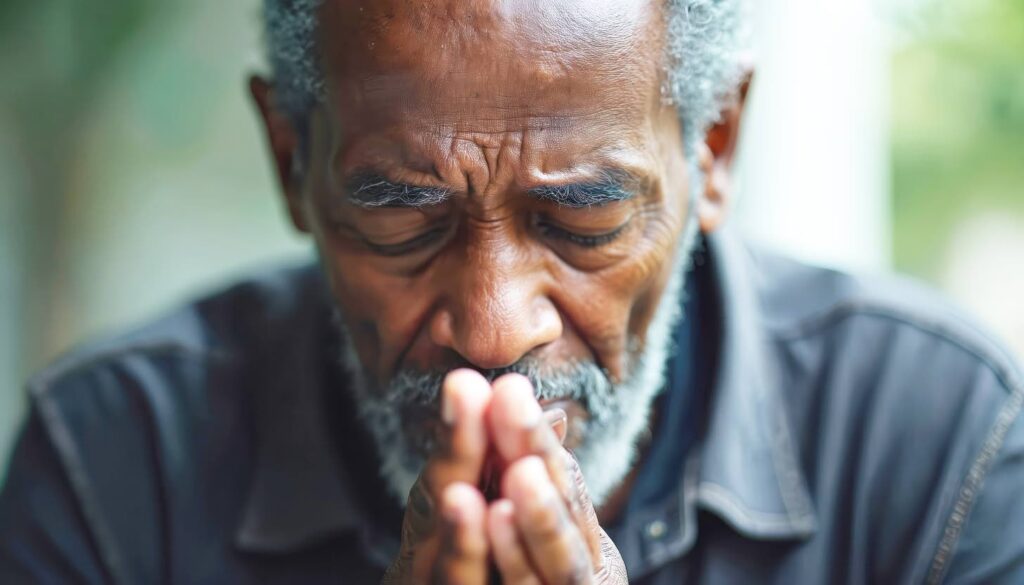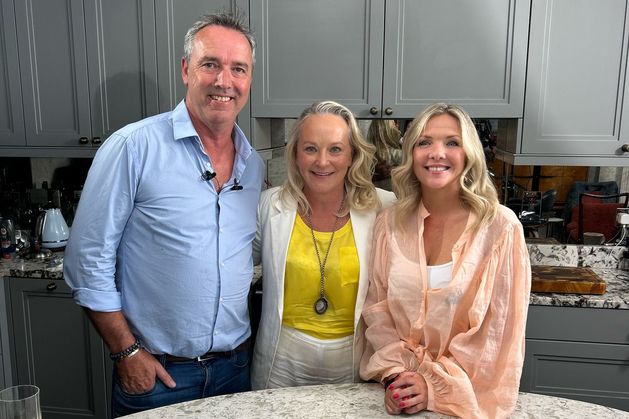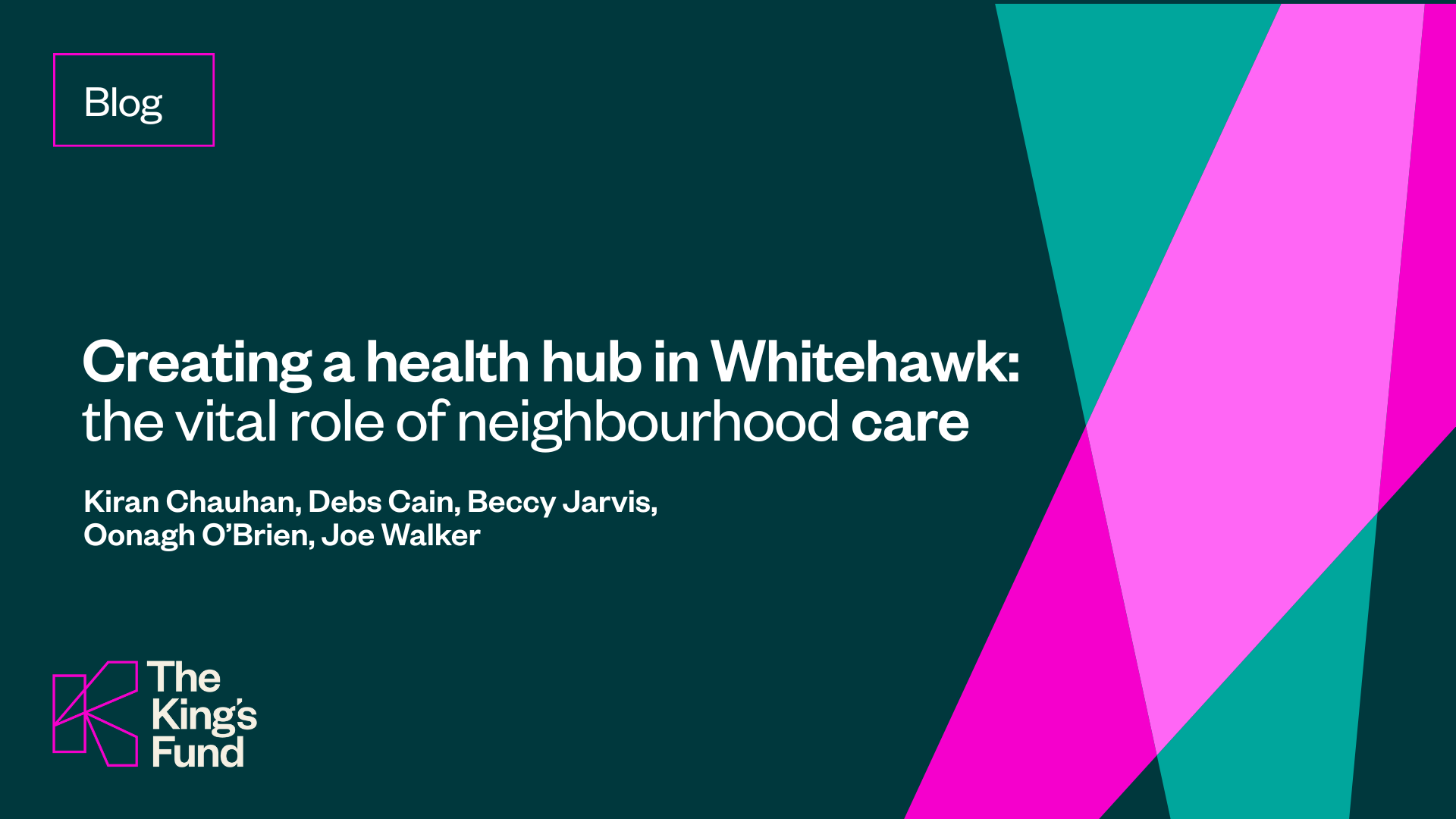Bulldogs Star Ugle-Hagan Courageously Shares Battle with Mental Health, Including Suicidal Thoughts

Western Bulldogs key forward Jamarra Ugle-Hagan has bravely spoken out about his recent mental health challenges, marking the first time he's publicly addressed his struggles since taking a leave of absence from the AFL. In a candid interview, Ugle-Hagan revealed he grappled with deeply troubling thoughts, including suicidal ideation, highlighting the immense pressure and vulnerability faced by elite athletes.
The 24-year-old's decision to step away from the game earlier this year sent shockwaves through the AFL community. While the reasons were initially kept private, Ugle-Hagan’s openness now sheds light on the serious nature of his situation. He explained that a combination of factors, including the intense scrutiny of playing at the highest level, personal pressures, and a feeling of isolation, contributed to his declining mental wellbeing.
“It was a really tough time, to be honest,” Ugle-Hagan admitted. “There were days where I just didn’t want to be here. The pressure, the expectation, it all built up. It felt like I was drowning, and I couldn't see a way out.”
Ugle-Hagan emphasized the importance of seeking help and breaking down the stigma surrounding mental health, particularly within the traditionally masculine environment of professional sport. He credits the support of his family, friends, and the Western Bulldogs’ support team for helping him navigate this difficult period. He's been working closely with mental health professionals and is actively engaged in a program designed to build resilience and coping mechanisms.
“I want other young people, especially young Indigenous men, to know that it's okay to not be okay,” he stated. “There’s no shame in asking for help. It takes courage to admit you’re struggling, but it’s the first step towards getting better.”
The Western Bulldogs have been lauded for their proactive approach to player wellbeing, and this latest development further underscores their commitment to providing a supportive environment for their athletes. The club released a statement praising Ugle-Hagan’s bravery and reaffirming their dedication to mental health awareness and support.
Ugle-Hagan's story serves as a powerful reminder of the invisible battles many individuals face, regardless of their profession or status. His willingness to share his experiences is expected to inspire others to seek help and contribute to a more open and understanding society. While his return to the field is still uncertain, his focus remains on his mental health journey and ensuring he’s in the best possible position to resume his career when the time is right. Ultimately, Ugle-Hagan hopes his story can help create a more compassionate and supportive environment for all athletes and individuals struggling with mental health challenges.
The AFL is increasingly focused on mental health resources for players, and Ugle-Hagan's story is likely to fuel further conversations and initiatives within the league.






